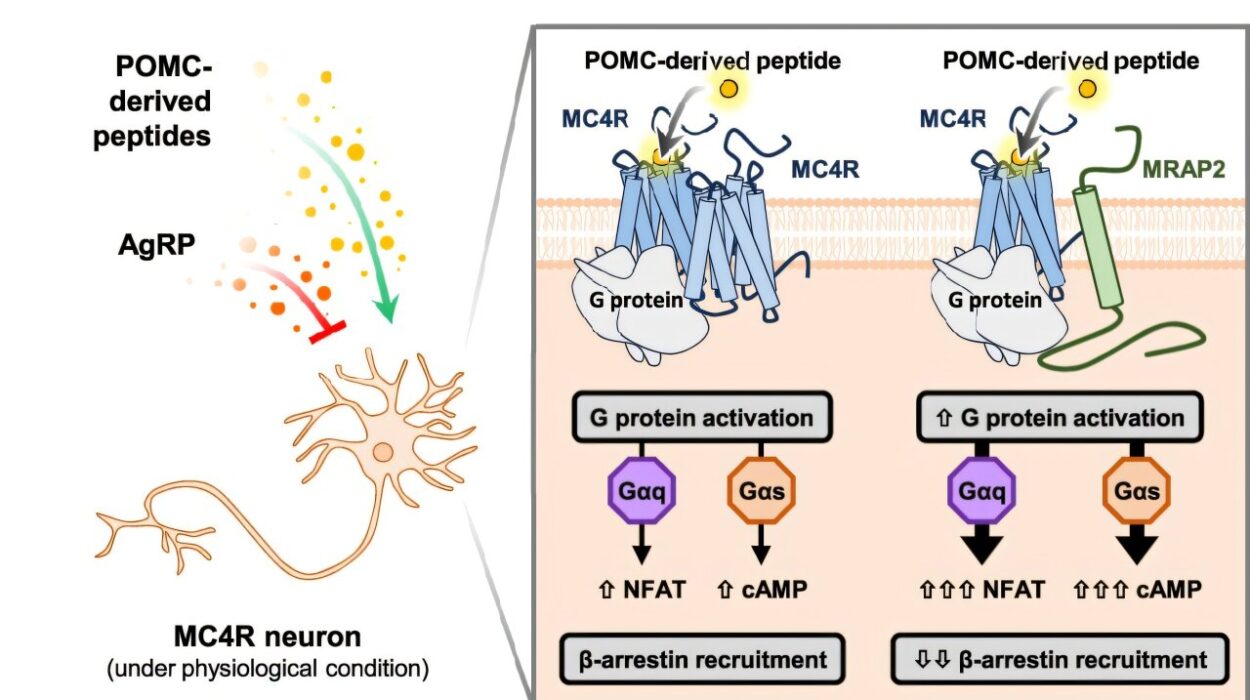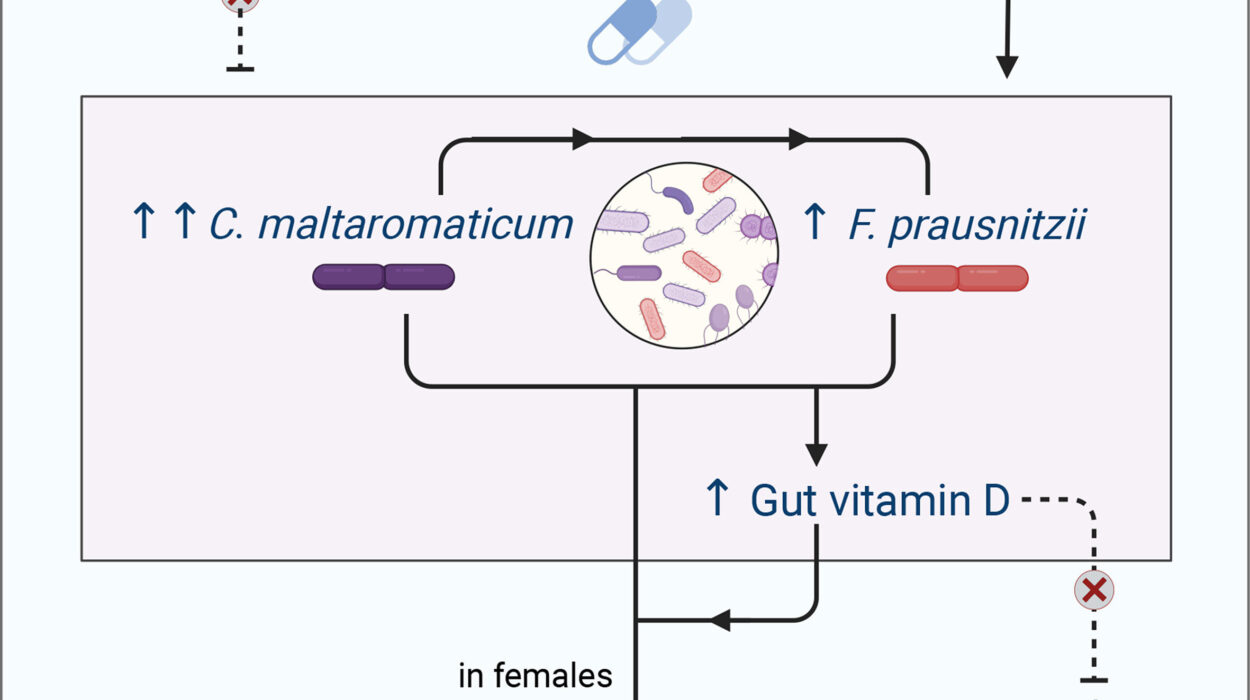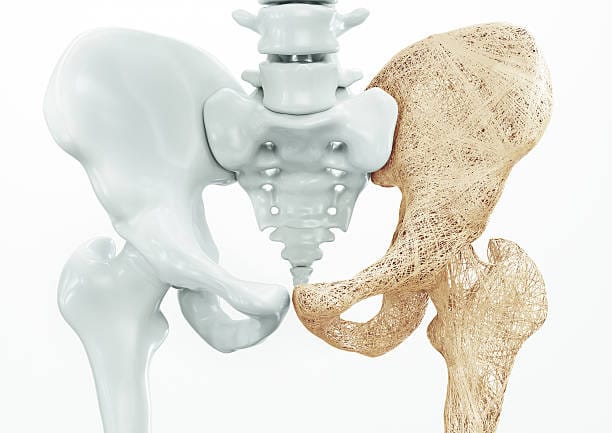It’s the middle of flu season. Your office sounds like a symphony of coughs, your neighbor is down with a fever, and even your barista is wrapped in a scarf like it’s an invisibility cloak against germs. Yet, one person seems to be immune to it all. No sniffles, no sick days, no complaints. You might think they’ve made a pact with the immune system gods. But here’s the truth: they likely just have some seriously powerful habits.
People who rarely get sick aren’t superheroes. They aren’t bathing in hand sanitizer or living in sterile bubbles either. Their secret lies in lifestyle choices — small, often invisible behaviors repeated consistently — that keep their immune systems sharp and resilient. And guess what? You can adopt these habits too.
Let’s dive deep into the ten powerful habits of people who seem to dodge illness like it’s their full-time job — and the fascinating science that backs them up.
They Prioritize Sleep Like Their Life Depends on It
If there’s one common thread among people who rarely get sick, it’s this: they sleep, and they sleep well. We’re not talking about four hours of tossing and turning while your phone lights up with notifications. We’re talking about 7 to 9 hours of uninterrupted, high-quality, deep sleep every night.
Why is sleep so critical? While you’re dreaming about winning the lottery or flying over mountains, your body is busy doing serious maintenance work. Sleep is when the immune system revs up, producing and releasing cytokines — proteins that target infection and inflammation. These cytokines not only help fight current illness but prepare the body to tackle future threats.
Studies have shown that people who sleep less than six hours a night are four times more likely to catch a cold than those who get at least seven hours. Sleep deprivation suppresses T-cell function (those warrior white blood cells that kill infected host cells), meaning your body is underpowered when facing pathogens.
The healthiest among us know this. They treat sleep not as a luxury but as a necessity. They create routines — winding down without screens, keeping bedrooms cool and dark, and even meditating before bed — to ensure their bodies get the rest needed to fight off whatever bugs come knocking.
They Move Their Bodies — Not to Look Good, But to Feel Good
Let’s be clear. The fittest people in the room aren’t necessarily the healthiest. But people who never get sick almost always incorporate consistent movement into their lives — and not just to build muscle or lose weight. They do it because it makes them resilient.
Exercise mobilizes your immune cells. It increases circulation, which helps your body detect and respond to pathogens more efficiently. Moderate physical activity — like brisk walking, cycling, swimming, or yoga — has been shown to lower inflammation and reduce the risk of illness.
What’s remarkable is that exercise doesn’t need to be extreme to be effective. In fact, overtraining can suppress immunity. Those who stay well understand this balance. They move their bodies regularly but don’t push themselves into exhaustion. Think morning walks in the park, dance sessions in the kitchen, or evening strolls after dinner.
In short, they don’t exercise to punish themselves — they move to energize, rejuvenate, and support their immune function. That’s a habit worth copying.
They Nourish Themselves with Whole, Colorful Foods
Picture the plate of someone who never gets sick. It’s not beige and bland. It’s bursting with colors — leafy greens, bright oranges, rich reds, and vibrant purples. That’s because they know the real immune boosters don’t come in pills or powders — they come from real, whole foods.
Your immune system relies on a steady supply of nutrients to operate at peak performance. Vitamins C, D, and E, as well as zinc, selenium, and iron, play critical roles in immune defense. And the best way to get these nutrients isn’t through synthetic supplements, but through a varied, plant-rich diet.
Citrus fruits, berries, garlic, onions, mushrooms, fermented foods, leafy greens, sweet potatoes, seeds, nuts, and oily fish — these are the staples. And let’s not forget the gut microbiome. A healthy gut, teeming with beneficial bacteria, is a cornerstone of a strong immune system. The people who never get sick feed these bacteria with fiber-rich foods like legumes, whole grains, and fermented delights like yogurt and kimchi.
They also avoid ultra-processed foods that can cause chronic inflammation — the enemy of immune balance. That means fewer sugary cereals, artificial sweeteners, and trans fats, and more food that actually looks like it came from nature.
They Stay Hydrated and Respect Water Like Medicine
Want a simple, underrated habit that massively impacts immunity? Drinking enough water. The consistently healthy know this, and they treat hydration like a sacred ritual.
Water is essential for every single cellular function, including those of the immune system. It helps flush out toxins, supports the production of lymph (which carries white blood cells and nutrients throughout the body), and keeps mucous membranes moist — a vital line of defense against pathogens entering through the nose and mouth.
Dehydration, on the other hand, can cause sluggish immune response and increase vulnerability to viruses. Yet most people are walking around in a state of chronic mild dehydration without even knowing it.
The super-healthy don’t wait until they’re thirsty. They drink steadily throughout the day. Warm herbal teas, lemon water in the morning, soups, broths — they sneak hydration into everything. They also avoid excess alcohol and sugary drinks that deplete their systems.
Water may seem basic, but in the realm of immune health, it’s foundational.
They Embrace the Great Outdoors — Come Rain or Shine
There’s a reason people who rarely get sick spend time outside every day, even when the weather’s not ideal. Nature is a powerful healer, and exposure to natural environments boosts immunity in ways science is only beginning to fully understand.
Sunlight, for example, helps the body produce vitamin D, a key regulator of immune responses. Studies have shown that low levels of vitamin D correlate with increased susceptibility to infections like the flu. Just 10 to 15 minutes of sun exposure a few times a week can make a noticeable difference.
Fresh air also matters. Indoor air is often stale and polluted, especially in winter. Being outside helps cleanse the respiratory system, reduces stress, and exposes you to phytoncides — natural antimicrobial compounds released by trees and plants.
Japanese researchers have studied “forest bathing” (shinrin-yoku), which involves slow, mindful walks through forest environments. The practice is linked to reduced cortisol (a stress hormone) and increased natural killer cell activity — cells that hunt and destroy virus-infected cells.
People who rarely get sick don’t wait for perfect weather. They embrace morning light, rainy-day hikes, park lunches, and evening sunset strolls. For them, nature isn’t a luxury — it’s an immune-boosting necessity.
They Wash Their Hands — But Don’t Over-Sterilize
One of the simplest yet most effective habits in illness prevention is handwashing. People who don’t get sick understand the power of soap and water — but they also know that moderation is key.
They wash their hands before meals, after using the bathroom, when returning home from public spaces, or after touching shared surfaces. But they don’t go overboard with antibacterial soaps or constant use of alcohol-based sanitizers, which can strip the skin and disrupt the natural microbiome.
Excessive sterilization can do more harm than good. A little exposure to microbes — especially in childhood — is beneficial. It helps train the immune system to distinguish between friend and foe. That’s why the super-healthy often have pets, garden regularly, and don’t flinch at getting a little dirty.
Smart hygiene, not germophobia, is the key.
They Know How to Manage Stress (Without Ignoring It)
Stress is like a silent immune killer. Chronic stress raises cortisol levels, which in turn suppress immune function. It weakens your ability to produce infection-fighting white blood cells, promotes inflammation, and reduces sleep quality — all of which increase your chances of getting sick.
People who rarely fall ill aren’t immune to stress, but they’ve learned how to manage it effectively. They meditate, journal, take deep breaths, and maintain strong social connections. Some find solace in faith or spirituality. Others exercise, play music, or spend time with animals.
Importantly, they acknowledge stress rather than deny it. Suppressing emotions leads to greater physiological strain. Instead, they express feelings in healthy ways and know when to seek help.
A resilient immune system often begins with a resilient mind. And emotional hygiene is just as vital as physical hygiene.
They Cultivate Social Bonds and Laugh Often
Laughter might seem like a soft skill in the battle against illness, but it’s one of the most potent, natural immune enhancers available to us. People who don’t get sick laugh — and they laugh often.
Laughter boosts immune function by increasing antibody-producing cells and enhancing the effectiveness of T-cells. It also lowers stress hormones, improves circulation, and boosts mood — all of which contribute to stronger defenses against disease.
But it’s not just laughter in isolation. Social connection matters deeply. Studies show that people with strong social ties have stronger immunity and recover faster from illness. Loneliness, on the other hand, is associated with higher levels of inflammation and increased risk of infection.
Those who stay healthy tend to maintain close relationships. They prioritize time with family and friends, even if it’s virtual. They share meals, stories, and laughter. They understand that human connection isn’t optional — it’s biologically essential.
They Respect Boundaries: Rest, Replenishment, and Saying “No”
Burnout is the enemy of immunity. Those who never get sick have learned something our hustle culture often forgets: it’s okay to slow down. In fact, it’s necessary.
These individuals know when to say no to overcommitting. They understand that rest is not laziness but a vital form of recovery. They take time off when needed, retreat from stressors, and prioritize mental well-being. They may practice mindfulness, spend weekends unplugged, or indulge in creative hobbies.
Saying no to draining obligations allows them to say yes to the things that replenish them. This might include alone time, sleep-ins, hobbies, spiritual practices, or even just silence.
By respecting their own energy, they preserve their immune function and prevent breakdown. It’s a kind of emotional intelligence that pays off in physical health.
They Listen to Their Bodies — and Act Quickly
Lastly, one of the most overlooked habits of people who rarely get sick is this: they pay attention. They know the subtle signs their body sends when something is off — a sore throat, mental fog, slight fatigue — and they respond immediately.
Instead of pushing through or waiting until symptoms become severe, they take action early. Maybe it’s drinking more fluids, resting an extra hour, eating a nutrient-dense meal, or canceling plans. They treat health as a dynamic state that needs constant tending.
This habit of body-listening leads to early interventions, quicker recoveries, and fewer full-blown illnesses. It’s not just intuitive — it’s smart.
The Blueprint for a Resilient Life
The people who never seem to get sick aren’t born with magical genes or secret elixirs. Their strength lies in habits — consistent, mindful, and often simple behaviors that support the body’s natural defenses.
They sleep deeply, move regularly, eat wisely, hydrate consciously, embrace nature, wash their hands smartly, manage stress skillfully, laugh often, honor rest, and listen to their bodies. These aren’t rigid rules but flexible principles, adaptable to any lifestyle.
And the good news? You don’t have to change everything overnight. Pick one habit. Start small. Let it become second nature. Then layer on another. Over time, your immune system — and your entire life — will begin to transform.
Because health isn’t just the absence of illness. It’s the presence of vitality, resilience, and joy. And it’s yours for the taking.






